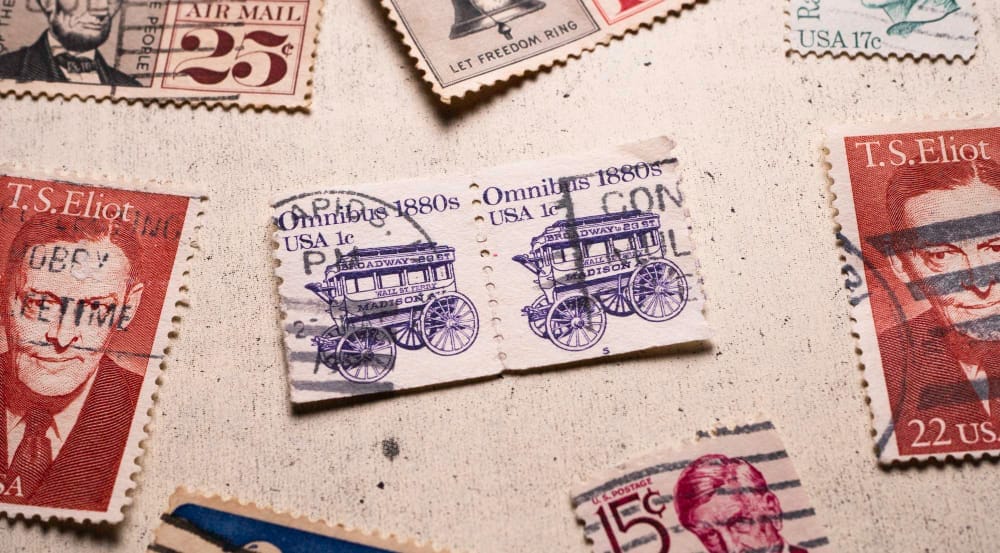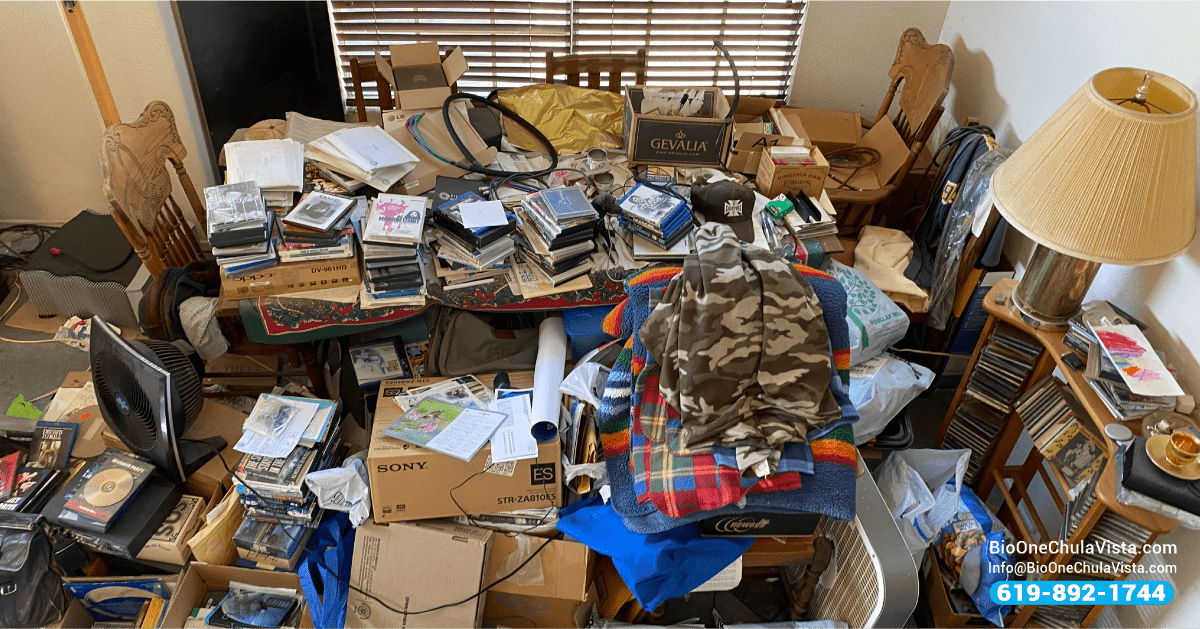
In the quiet corners of our bustling cities and picturesque suburbs, behind the veneer of normalcy, unseen stories unfold. Stories of individuals who, stricken by a seemingly unexplainable need to accumulate, find their once-comfortable spaces crammed with items most would discard. The act of hoarding goes beyond clutter and disorganization; it's a mental health concern that affects millions and often goes undiagnosed.
In this blog post, we'll unravel the enigma of hoarding, distinguish it from standard collecting behavior, and answer the common question: "Is hoarding a mental illness?" - Understanding the intricacies of this condition is the first step in providing empathy and actionable help to those who struggle and those who care for them.
Differentiating Between Collecting and Hoarding
The subtleties of hoarding often lead to misconceptions, with collecting and hoarding being interchanged as though they are interchangeable concepts.
Collecting is a practice that brings joy and satisfaction to many, focusing on a particular item or set of items that are carefully curated and sometimes displayed. Collectors are often proud of their collections, which may range from rare stamps to vintage guitars, and their behavior doesn't generally interfere with their daily lives.

On the other hand, hoarding is imbued with distress and compulsion, leading individuals to stockpile items that one might consider worthless, create impassable living conditions, and often isolate themselves from others due to the social stigma associated with their hoardings. It's marked by an inability to discard, significant emotional distress or a sense of unease in parting with items.
The Psychological Aspect of Hoarding
Experiences that evoke fear and loss often deeply root themselves into a person’s psyche, associating with the origins of hoarding. Confusion and frustration about what to keep can evolve into a nearly irresistible compulsion.
Emotional Attachments
Hoarding often involves an emotional attachment to each item, composing a narrative of safety, comfort, or identity. These possessions become 'stand-ins' for important memories and relationships, unlike ordinary objects to a hoarder's eye.
Cognitive Distortions
For hoarders, cognitive distortions can heighten attachment to possessions. They may feel a strong need to not waste, believe they'll need items for an unspecified future event, or insist that they're the only capable caretakers of these items.

Decision-making Challenges
Every item forms a potential 'what if', effectively crippling ordinary decision-making processes. The inability to discard even the most mundane items can lead to an accumulation that feels out of control for the hoarder.
Understanding these psychological underpinnings is crucial to addressing hoarding not as a behavioral issue, but as a mental health matter deserving of professional assistance and societal support.
Is Hoarding a Mental Illness?
Traditionally categorized under Obsessive-Compulsive Disorder (OCD), hoarding has recently gained recognition as a distinct mental health condition known as Hoarding Disorder. It was classified as a separate diagnosis in the Diagnostic and Statistical Manual of Mental Disorders (DSM-5) in 2013.
People with Hoarding Disorder often exhibit symptoms of indecisiveness, perfectionism, and avoidance, which are common in OCD. The primary difference lies in the focus of attention; OCD involves intrusive, unwanted thoughts (obsessions), typically to which the individual responds with a behavior (compulsion). Hoarding is chiefly characterized by the behavior of accumulating and the distress it causes.

Addressing the Stigma
The stigma surrounding hoarding often results in isolation for individuals who need support the most. Media representations, while increasingly sensitive, have historically sensationalized hoarding, perpetuating myths and misunderstandings.
Understanding hoarding as a mental illness means a shift in perception and action. It's about more than cleanliness; it's about the individuals struggling beneath the weight of their possessions.

While the complexity of hoarding presents significant challenges, it's a call to action for inclusivity and empathy.
Bio-One of Chula Vista Can Help!
If you or someone you care for is struggling with the aftermath of hoarding, compassionate and thorough cleanup and restoration services can provide the first step towards physical and psychological recovery. Bio-One of Chula Vista specializes in hoarding cleanup, prioritizing the well-being of individuals while restoring houses and homes.
Our services extend beyond the removal of items, addressing the unique challenges of hoarded environments with empathy and professionalism. We work with a network of referrals to ensure the long-term success of our efforts.



